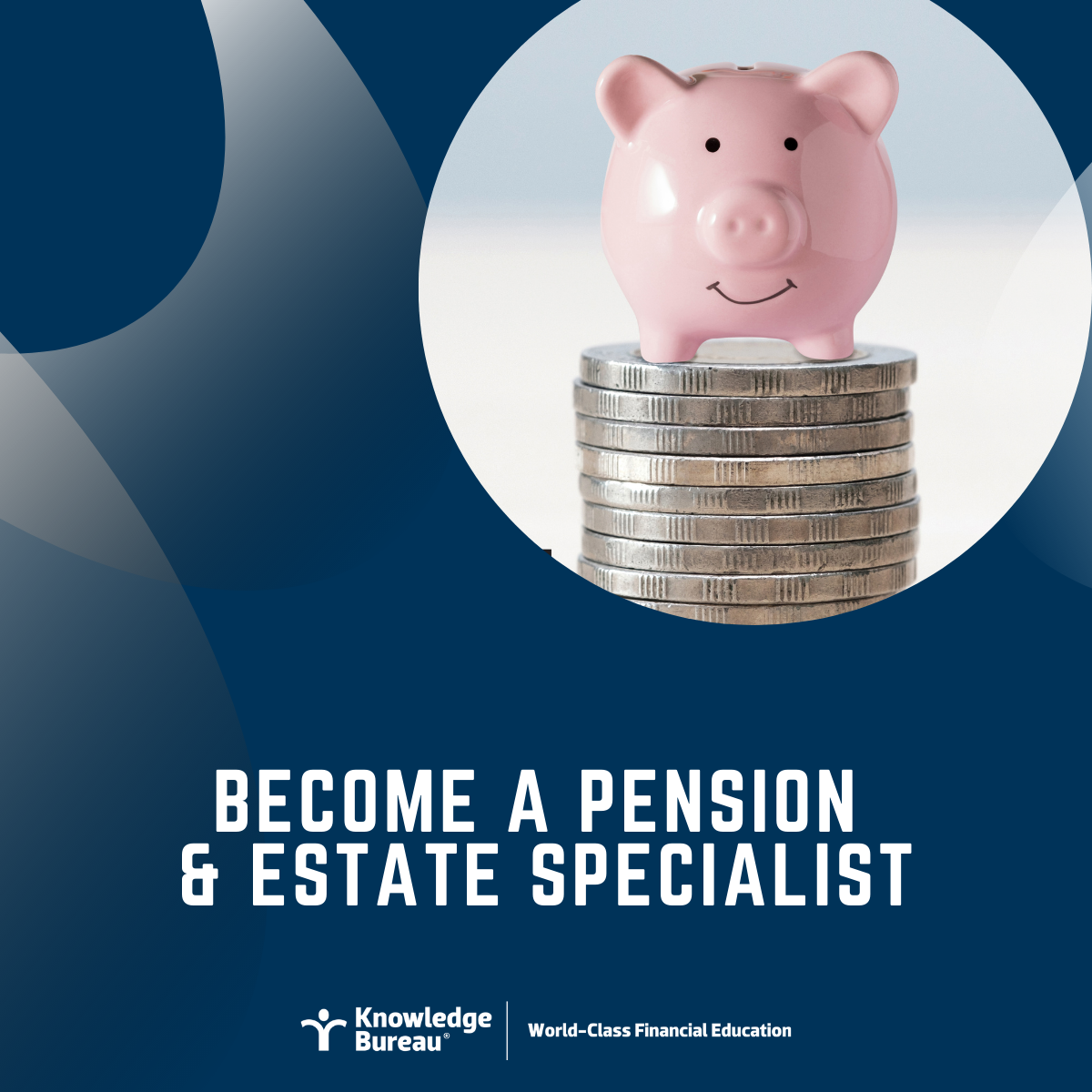Last updated: June 23 2021
When Should Retirement Planning Begin?

Evelyn Jacks
It’s a good question and the answer is simple: the start date for formal retirement planning is earlier than one would think. In fact, the most successful retirement savings results occur in the early stages of adulthood and they reflect purposefully on two key questions that otherwise plague most people throughout their lifetimes: “Will I have enough to retire?” and “How long will it last?”
Objective-based planning. “How much is enough” depends on the lifestyle retirees can envision for themselves in the future and their capacity for achieving it. Astute advisors will zero in on objective-based planning to solve this issue.
Although many unknowns will have an impact on the actual results - life events like marriage and divorce, births and deaths, illness or incapacity, career ups and downs and various economic fluctuations and business cycles - early savers will ultimately arrive at a final – and appropriate - retirement savings number that will bring them financial peace of mind, sooner.
Objective-based planning will allow tax and financial advisors who take the time to calculate and hone that “retirement needs” number with sound projections, and inject a “reality check”. That is, with projections that include best and worst case scenarios for taxes and inflation. Together with astute investment product selection, it is possible that clients will achieve financial peace of mind for themselves and their families, sooner.
mind for themselves and their families, sooner.
Much of the “right” answer, however, is driven by income levels that go beyond retirement. The amount the saver thinks they will need beyond this to leave money for heirs or their community causes. That “terminal wealth” projection is as important, even early in life, as it will help answer “How long will it last” and for whom.
As an inducement to saving for retirement, the federal and provincial governments provide lots of good help. Aside from public pension plans (the universal Old Age Security (“OAS”) and the mandatory employee-employer statutory contributory savings plan, the Canada Pension Plan (“CPP”), they offer tax incentives for people to save using Registered Pension Plans (“RPP”) also known as employer-sponsored plans, Registered Retirement Savings Plans (“RRSP”) and for those residents 18 and up, the Tax Free Savings Plan (“TFSA”). It’s important for all savers – particularly newcomers to Canada – to understand that environment.
Bottom Line. What matters is what you keep. To be most effective, retirement income planning must begin much earlier than most people think. Think of this in three stages: age 18 is the best time to consider Phase 1 planning with contributions to a TFSA; age 55 is a great target for Phase 2 planning – early withdrawal for tax purposes, especially for couples who can split pension income from an RPP. That leaves Phase 3 planning and for many, this is age 60-70; in particular because CPP benefits can be split or deferred to make room for taxable withdrawals from other self-funded sources such as RRSPs and small business dividends.
A specialist in pension and retirement income planning can be a great resource. Look for someone with an MFA™-Pension and Estate Services Specialist designation.
Evelyn Jacks is President of Knowledge Bureau and author of 55 tax filing, planning and wealth management books for consumers and their advisors. She tweets @evelynjacks
Additional educational resources: The Advanced Retirement and Estate Planning Course. The course features recordings of the instructor-led sessions from the May 20 Virtual CE Summit, and you’ll earn 30 CE credits and important new credentials that provides a full course credit towards the MFA™-Pension & Estate Services Specialist Designation Program.
As a June special tuition offer, you can earn new specialized credentials to help your clients prepare for retirement. Get started by taking this course or the Personal Pension Planning Certificate Course for only $659 when you enrol by June 30 (Save 26% on regular tuition of $895.) Use code ‘21RETIRE’ when you enrol online.
